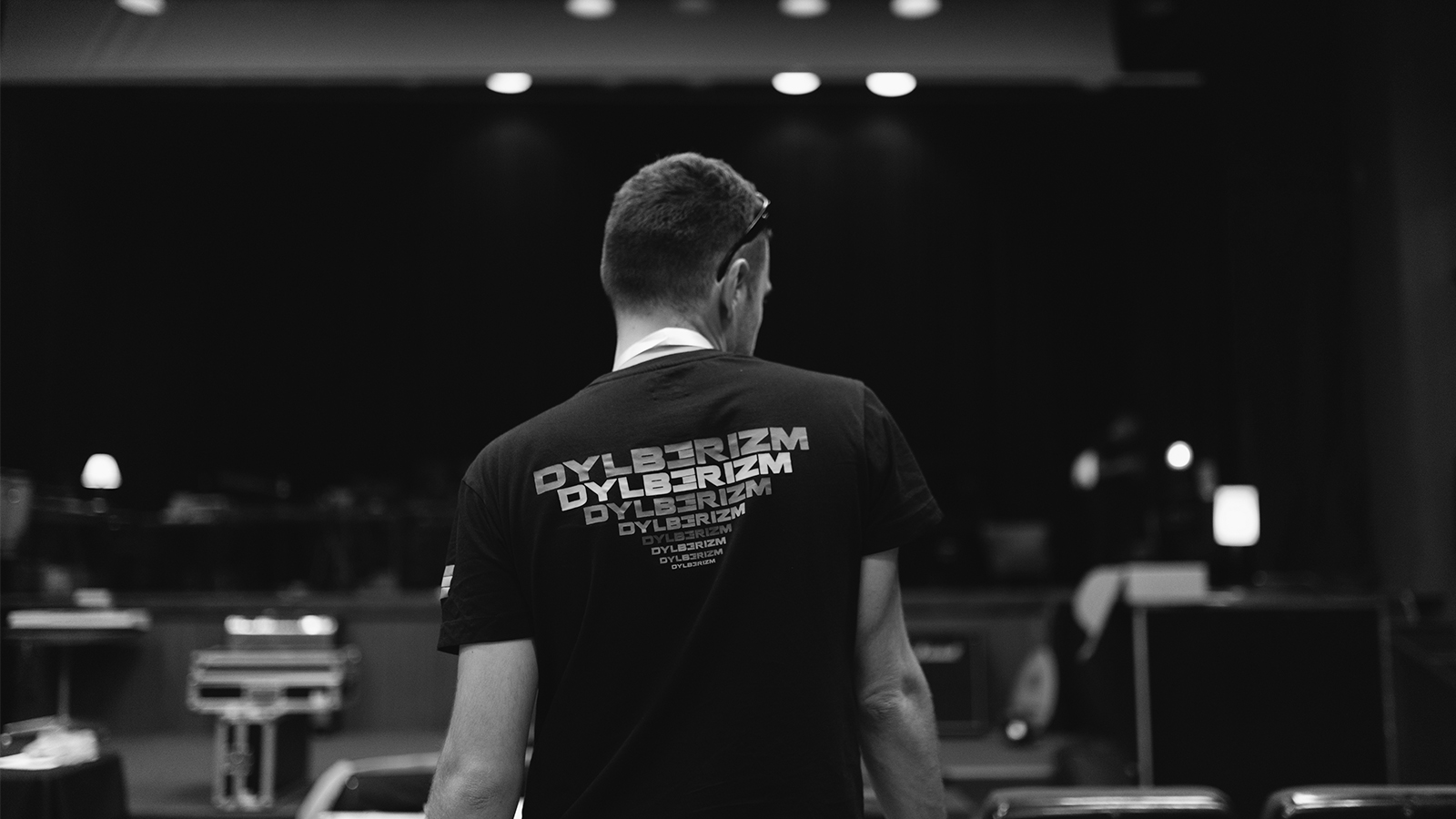
“The word ‘Dylberizm’ comes from ‘Dylber’, a male given name that means ‘rainbow’ and was historically used to refer to effeminate young men. The term was surpressed especially under totalitarian regime in Albania, but it was always standing in the collective memory as a term referring queer people. We wanted to reclaim ‘dylber’ as an inclusive term of all identities and use it as a more authentic, local alternative to the word ‘queer’ in Albanian, instead of borrowing the English term,” says Dan - one of the founders of ‘Dylberizm’, Kosovo’s* first Albanian language platform for LGBT+ news, culture and history.
“One of our goals is to show that queer people have a history and tradition in Kosovo, and to challenge the narrative that they’re only a Western European import,” Dan explains.
Set up in 2018 as an Instagram account, Dylberizm quickly expanded to become a full-fledged website with educational resources on LGBT+ history, testimonies of queer people in the region, and far more.
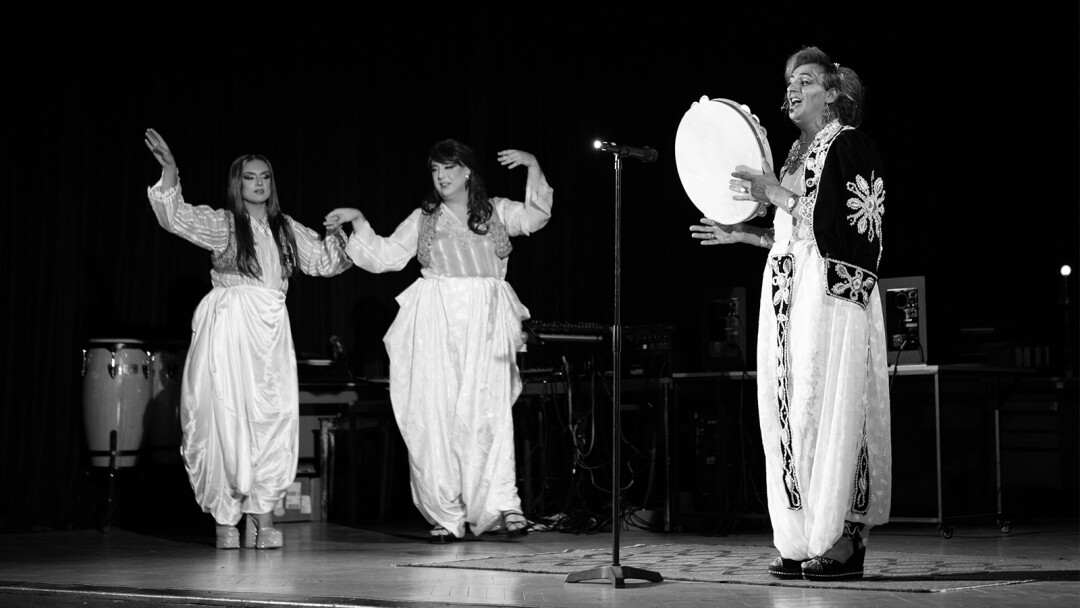
Dan explains that Dylberizm is working to empower the queer community while also raising awareness of LGBT+ rights among the general population, a topic often underreported in mainstream media: “We think achieving legislative changes is important for LGBT+ rights, but to be fully accepted by our society we need to work on people’s mentalities,” says Dan.
The team explain that they have spent much time writing and translating key articles about LGBT+ issues into Albanian. They have also interviewed activists. Together, they have now amassed an archive of Albanian-language resources that they have made available on the Dylberizm website.
This includes an educational section on queer history and terminology. The section ‘Chronicles of Queer Resistance’, launched with EED support, documents LGBT+ activism in Kosovo from the late 1980s to present day.
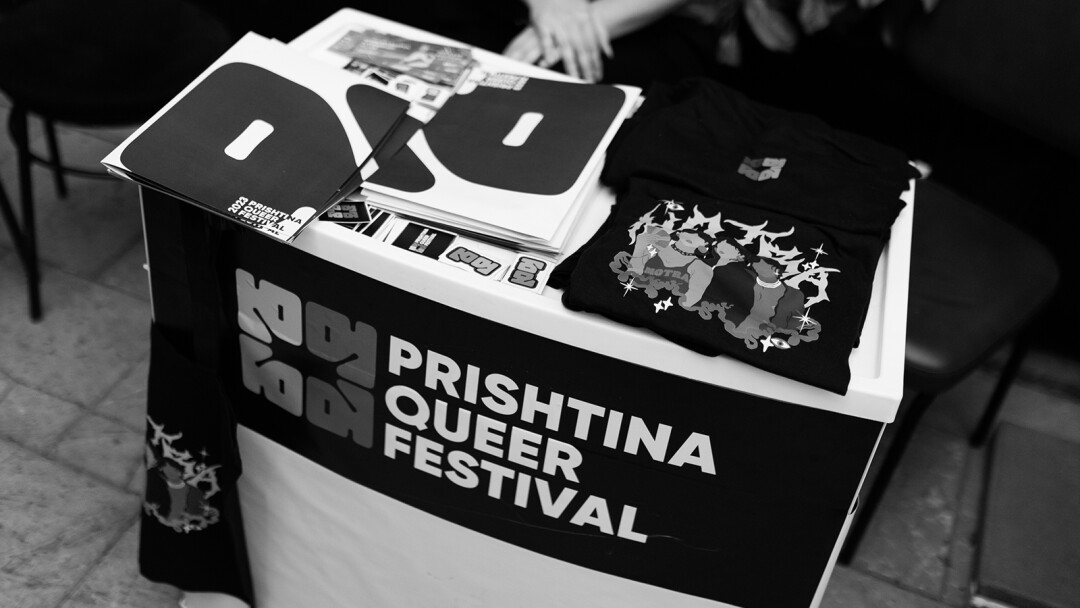
Dylberizm has also become a safe space for people to share their stories and experiences of being queer in Kosovo, from coming out to family and friends, to their first loves, to episodes of homophobia. Dan explains that the stories are submitted anonymously through a form on the Dylberizm website, so that the writers can freely tell them without fear of harassment or other repercussions.
“People support each other through these stories, they connect with each other and sometimes they begin friendships thanks to them,” he says.
He explains that the online community is often a lifeline for those living in more remote, more conservative regions, where they often feel like they’re the only LGBT+ person in their village. Many of them use fake accounts to follow Dylberizm on Instagram to hide their sexual orientation or gender identity from their families and friends. Some of these followers then become involved in in-person activist gatherings and events.
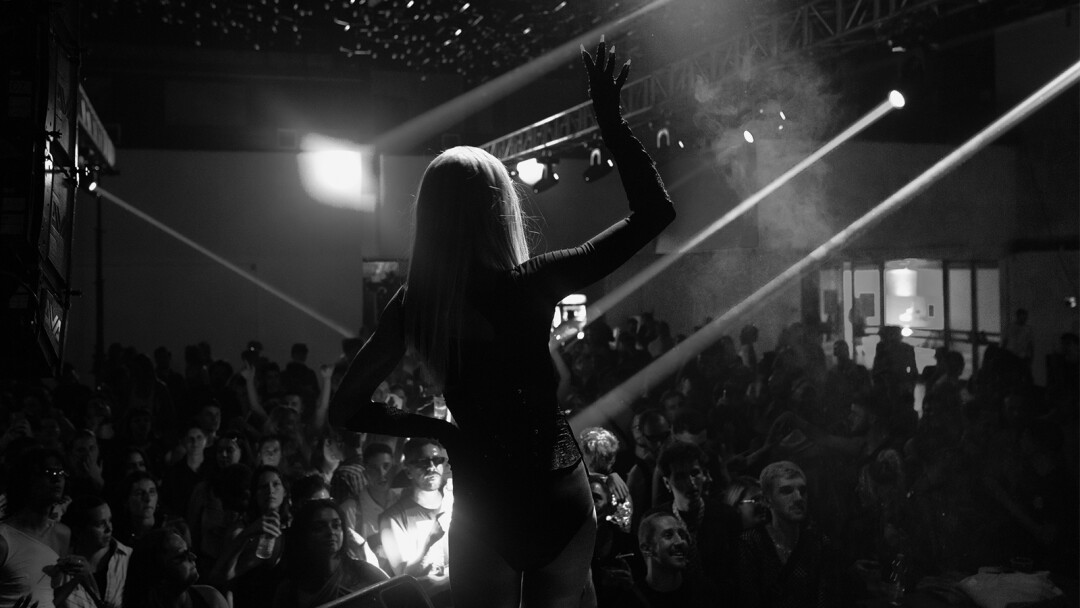
EED funding enabled Dylberizm to officially register as an NGO, and to start paying their previously volunteer team, including their graphic designer and website developer. The latter has been particularly important to prevent cyberattacks, as the Dylberizm’s website was hacked in the past as a result of an online campaign of boycotting a taxi company who discriminated trans women, that went viral in Kosovo and Albania.
“Becoming a full-fledged NGO has been a major shift - we have more bureaucracy, more responsibilities. But we’re still trying to maintain the horizontal structure we’ve had from the beginning, and to make collective decisions. We don’t want to change what we do and how we communicate, and luckily EED gives us plenty of flexibility in this regard,” says Dan.
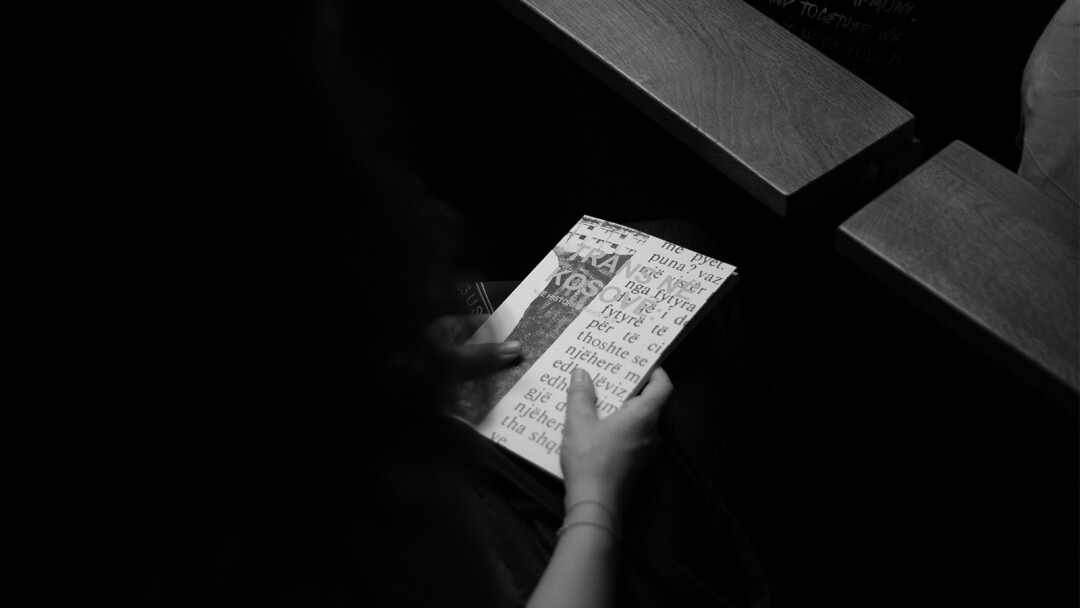
Dylberizm’s first objective as an NGO was to organise the first Pristina Queer Festival last September: “We wanted to have an authentic celebration for queer culture, queer icons from the region, young queer artists.”
He relates that for three days, the city was bustling with concerts, live drag performances, and movie screenings celebrating local queer culture and giving hope to the community.
Qerkica, a transgender woman and activist who offered a shelter in her home to countless LGBT+ individuals in the 1990s and 2000s, performed on the opening night. “She is a pioneer of queer liberation in Kosovo, it was important for us to have her open the festival that celebrated our history,” says Dan.
The festival was a huge success, attracting people from throughout the Western Balkans region. “We knew people would come, but we didn’t believe it would be a full house. When we saw the public, we thought “this is why we’re doing all this,” says Dan.
This pan-regional effect is something important to the team. “We truly believe that the queer movement has pioneered reconciliation in the region. We travel to Belgrade for Pride, Serbian activists come to Kosovo…we want to highlight the common issues we all should be fighting for,” he says.
This spring, Dylberizm is already hard at work organising the second edition of the festival.
“We would like for Pristina Queer Festival to become the main event for queer expression in Kosovo. We want to build a long-term legacy, and a future generation of LGBT+ activists. We want them to criticise the situation through an intersectional lens, but at the same time we want them to be capable of putting their thoughts into action and use their creativity to protest and be heard,” he says.
* This designation is without prejudice to positions on status, and is in line with UNSC 1244 and the ICJ Opinion on the Kosovo Declaration of Independence.
This article reflects the views of the grantees featured and does not necessarily represent the official opinion of the EED.